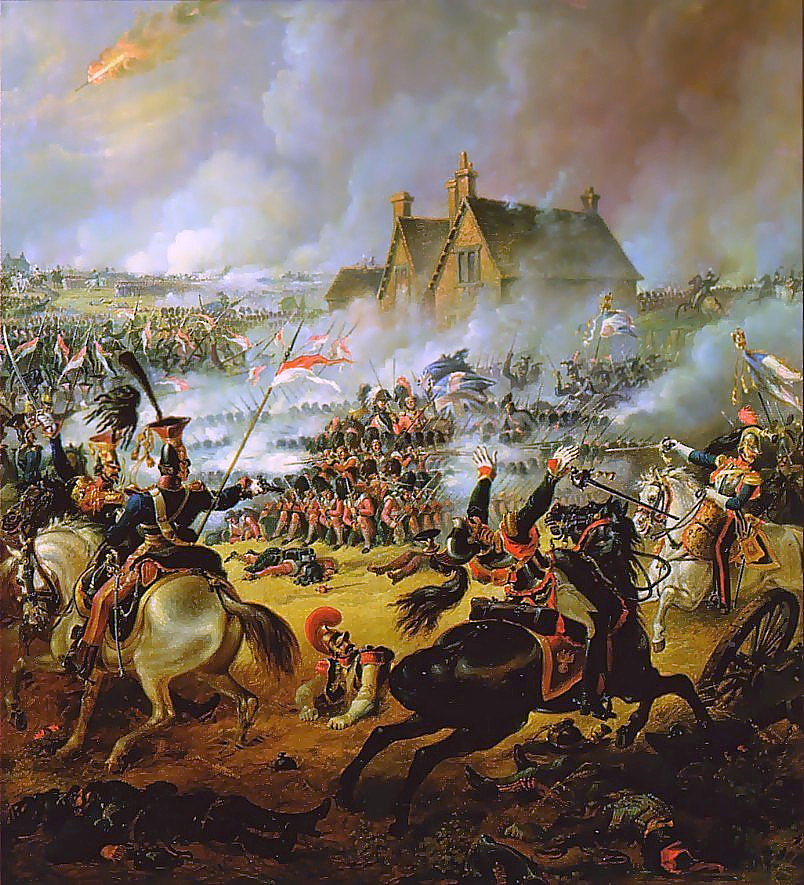DECEMBER 30, 2021 – Lately, for mental health, I’ve pursued various diversions. The motivation isn’t vacant distraction but a compulsive search for perspective. Trouble is, I’m not sure if “perspective” means getting or giving. At my current juncture in the journey of finite existence, do I strive to impart perspective to loved ones or do I work to acquire perspective to smooth my uncharted path ahead? Both, I’ve concluded.
Surprisingly, I’ve gravitated toward “morbidly depressing,” even “macabre.” I’ve watched the 1993 German film, Stalingrad and the 1970 American film, Waterloo. If you peered over my shoulder, you’d conclude I’m mired in darkness. If you peered into my brain, however, you’d see a different outlook.
Take Stalingrad, for example. The setting is the Battle of Stalingrad (8/23/42 – 2/2/43), turning point in Germany’s ill-fated invasion of the Soviet Union during WW II. It was the bloodiest battle in history, and depending on where you draw time and territorial lines, the fight over the strategic Soviet city resulted in an estimated two million casualties. The film overwhelms the viewer by depicting the rawest of inhumanity, horrors of our greatest exhibition of irrationality—all-out warfare. Neither Russians nor Germans are the “enemy”; simply humans dehumanizing humans.
The suffering defies comprehension. How could anyone born of a mother participate in such atrocities? The question shakes the observer to the core—and without reference to the Holocaust and its six million victims in even darker corners of the same war against humanity.
I think there are two ways to react to Stalingrad. One is to succumb to depression; to a worldview of dark cynicism. The other reaction is to see by contrast, humanity’s supernatural resilience. Amidst the Battle of Stalingrad, who could’ve envisioned anything worthy of embrace in anyone’s future? Yet, within a short time, the world recovered its bearings enough to rebuild what had been destroyed. Resilience of the spirit redeemed us from annihilation of the soul.
Waterloo, starring Rod Steiger as Napoleon and Christopher Plummer as Wellington, is another example of unforgivable madness. The casting, costuming, directing, and acting were master strokes of filmmaking and give the work credibility. Long before the days of the drone and high-tech special effects, large-scale battle scenes are depicted with remarkable realism.
Like Hitler’s defeat at Stalingrad, Napoleon’s Bataille Finale can turn the viewer into an instant misanthrope looking desperately for rescue by aliens. The bloody exchange of cannon balls, the hell-charging cavalrymen, and the endless columns of sacrificial infantrymen across the Belgian countryside trigger dark reminders of the Great War a century later—and WW II a generation after that. The bloodletting disturbed me enough to condemn Rod Steiger for depicting Napoleon so convincingly.
Later, I put historical judgments aside and feasted on Beethoven’s Eroica Symphony (initially inspired by Napoleon) and caught a glimpse of heaven by way of Beethoven’s Ninth Symphony, first performed after Napoleon was three years dead and gone. Where else in the cosmos . . . besides in human hearts on planet earth . . . do such wonders as Beethoven’s music exist?
(Remember to subscribe to this blog and receive notifications of new posts by email.)
© 2021 by Eric Nilsson

1 Comment
Virtual hugs coming your way! SS
Comments are closed.